Reverse 1999 developed by BluePoch Games is a time-traveling RPG. This entertaining game is available for download on iOS and Android smartphones.
Inspired by the 8-bit period, it blends puzzle-solving and platforming features. The game has innovative puzzles, difficult-level designs, and an engrossing plot.
Because of its engaging gameplay and retro charm, Reverse 1999 has gained a loyal fan group among gamers. It can also be played on Windows and has received excellent feedback from users.
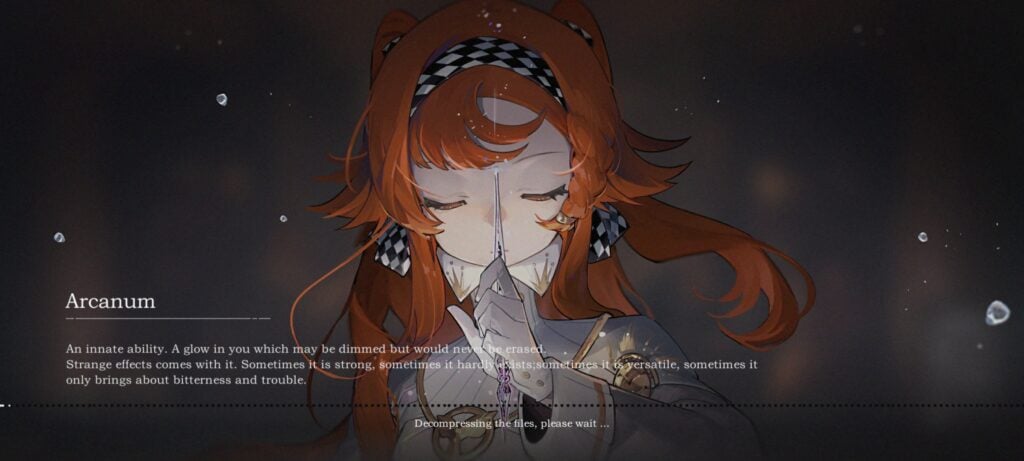
Photo: Bluepoch Games
What is Reverse 1999?
Reverse 1999 is a cool retro-style indie game that’s like a time machine to the old-school gaming days.
It’s all about those distorted pictures and classic 8-bit vibes, giving players a nostalgic trip. You control a pixel hero, going through different levels, solving tasks, and grabbing stuff while dealing with obstacles.
The game’s got some tough levels, tricky puzzles, and a story that unfolds as you play. While it might not be on everyone’s mind, it’s got a loyal fan group.

Photo: Bluepoch Games
Combat System of Reverse 1999
Reverse: 1999 features a popular strategy card version of battle gameplay with four characters per level: three main players and one backup.
Characters come with three skill cards each, two small skill cards, and one big final card.
Whether engaged in exciting one-on-one duels or demanding group clashes, Reverse 1999 challenges you to think critically, adapt to shifting conditions, and build innovative strategies to emerge successful in this compelling turn-based combat experience.
Synthesis
Synthesis is a basic and important core process in Reverse 1999. By combining two small skill cards of the same star value, you can improve these skills to stronger ones, up to level 3.
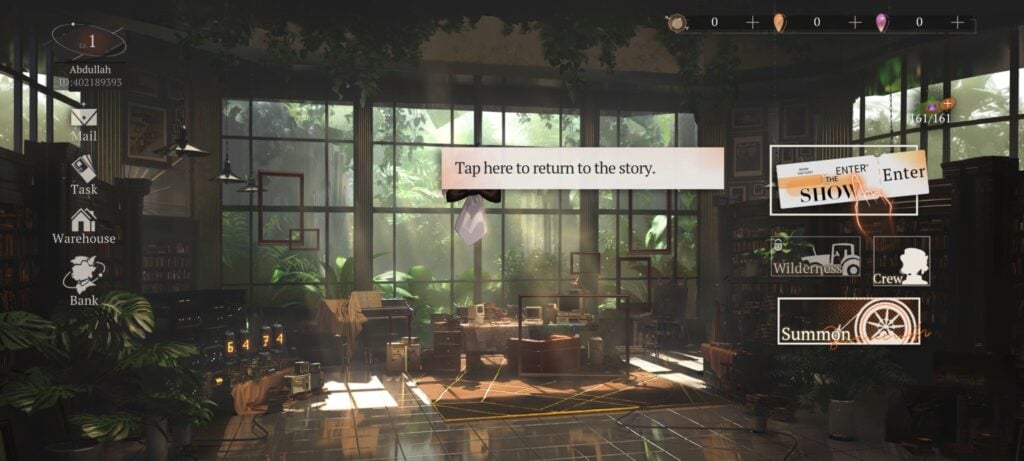
Photo: Bluepoch Games
This process allows the characters to open and access a wider range of powers, making Synthesis a crucial aspect of the games.
Card Draw
At the start of each round, you are given a hand of 7 cards randomly. This random card draw adds an element of unpredictability to the game, pushing you to change to different situations and make the most of the cards you receive.
Passion
When you use skill cards or perform Synthesis, it improves the character’s Passion number.
This number can reach a maximum of 5. Once the Passion hits its peak, the game thanks the player by giving the character’s ultimate skill card. This ultimate skill is a strong and game-changing tool that can turn the tide of battle.
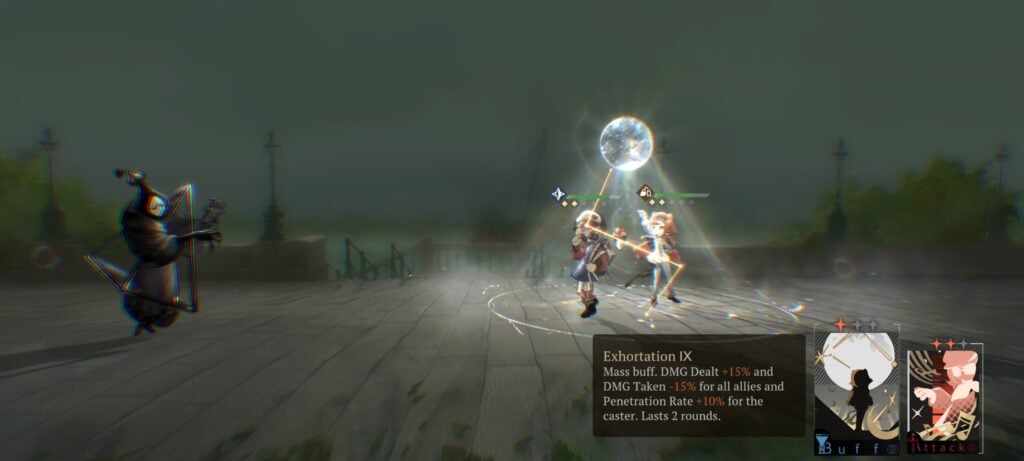
Photo: Bluepoch Games
Scale
The Scale element serves as a picture of the battle’s development and increase.
It has a maximum number of 99, and you can use Scale points to perform strong magic. These spells can have different effects, such as shuffling the deck or creating a global 1-star fake card, which reverses work effects.
The Support Tier
When it comes to the realm of Reverse 1999, there are various things that contribute to a team’s success.
While damage dealers are generally at the forefront, the support tier plays a critical part in increasing the overall strength and efficacy of a team.
Whether you’re a seasoned player or just starting your trip, grasping the complexities of the support tier is important to reaching success.
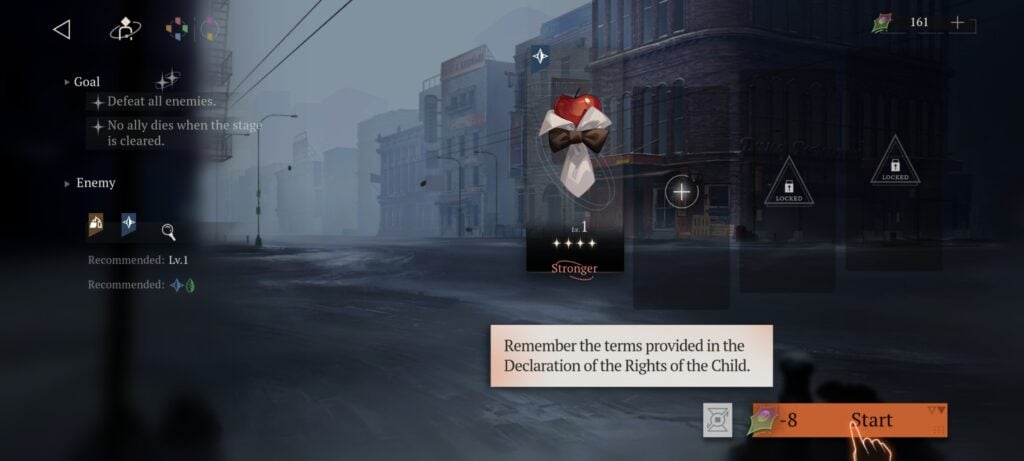
Photo: Bluepoch Games
Importance of the Support Tier
In Reverse 1999, the support tier is important for improving a team’s skills and lowering flaws.
While damage dealers excel at inflicting powerful hits, support characters give utility, boosts, and control to the squad, assuring its overall survival and success.
They are essential in a number of game types, including narrative mode, PvP combat, and difficult endgame material.
Support Characters
Let’s take a deeper look at some of the Reverse 1999 support characters. These characters have demonstrated their usefulness in several game genres and are in great demand among gamers.
Each character brings their own set of skills and abilities to the table, making them important members of any team.
Eternity
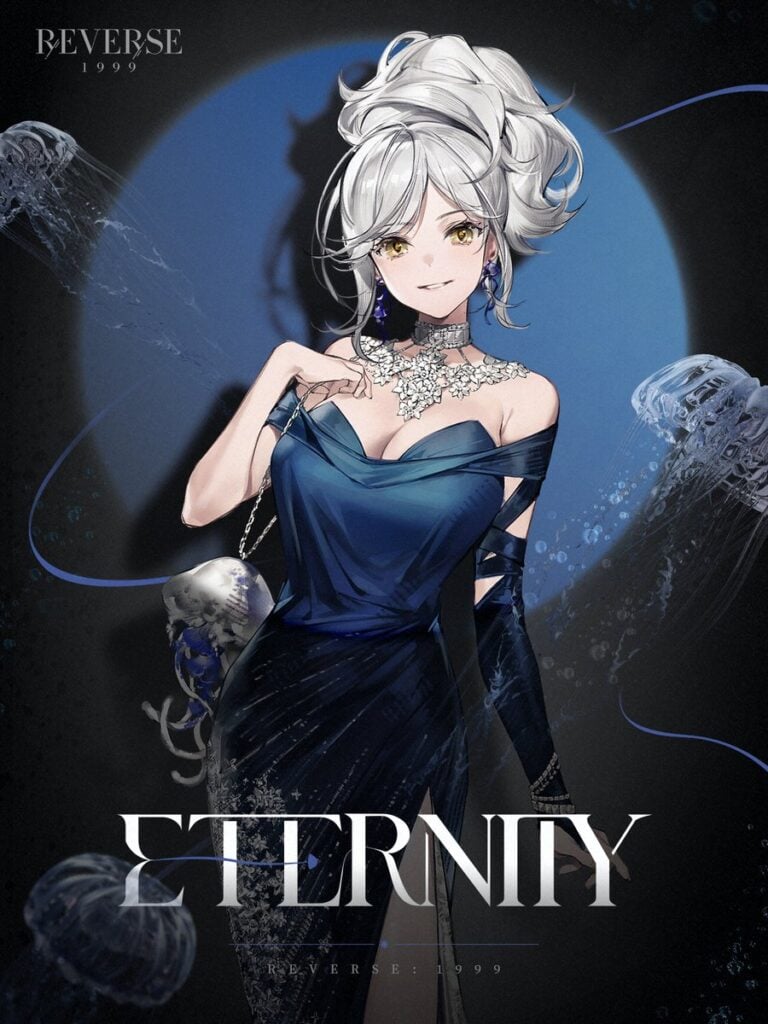
Photo: Bluepoch Games
Eternity boasts great healing powers, including spells that may restore the health of numerous teammates.
Her ultimate ability, “Divine Resurgence,” instantaneously regenerates the whole squad, making her an important support character in hard confrontations.
Centurion
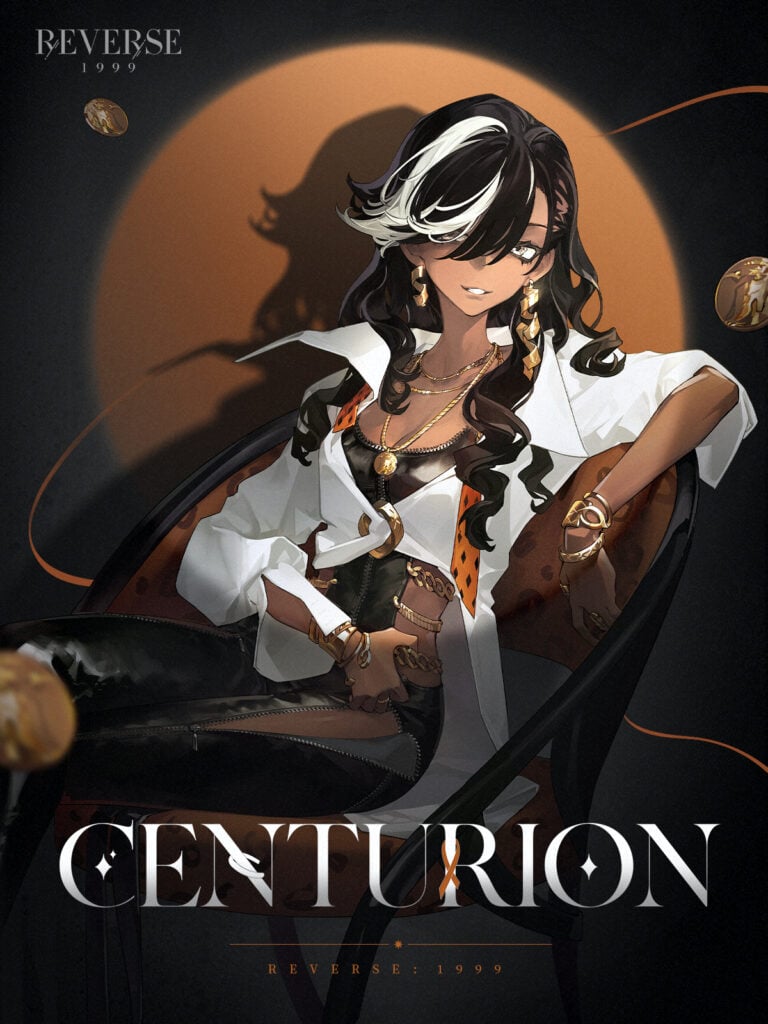
Photo: Bluepoch Games
Centurion excels as a versatile support character, offering both healing and crowd control. His skill set includes an AoE heal and a devastating stun ability.
Her ultimate ability, “Radiant Blessing,” not only heals teammates but also offers them a damage increase for a brief period.
A Knight
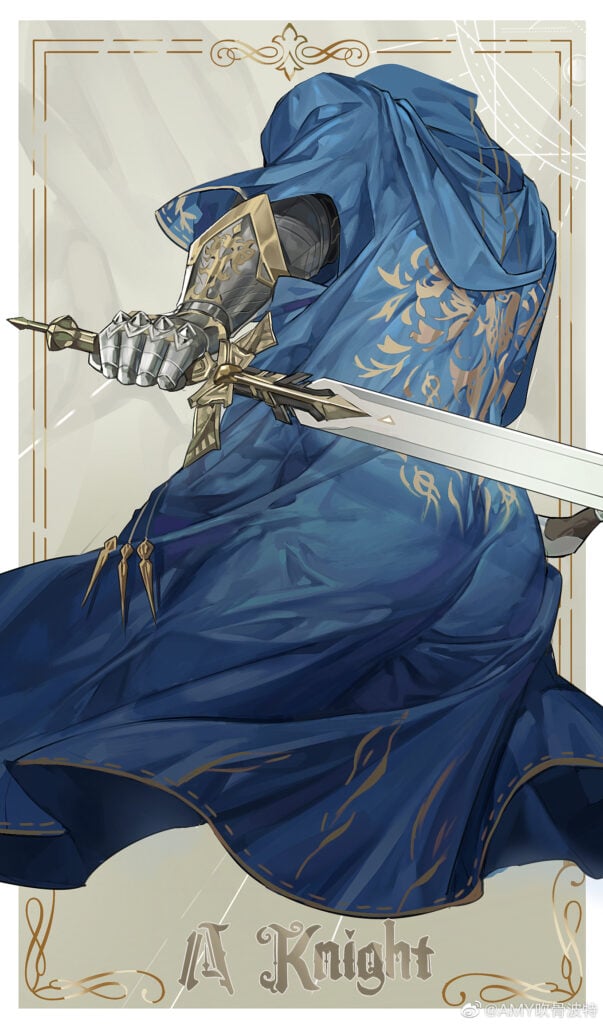
Photo: Bluepoch Games
A Knight focuses on giving defensive help to the team. With skills that can boost the team’s defense and reduce incoming damage, He ensures the team’s survival in difficult fights. His final power, “Shield of Valor,” forms a protected shield that takes damage for all friends.
Regulus
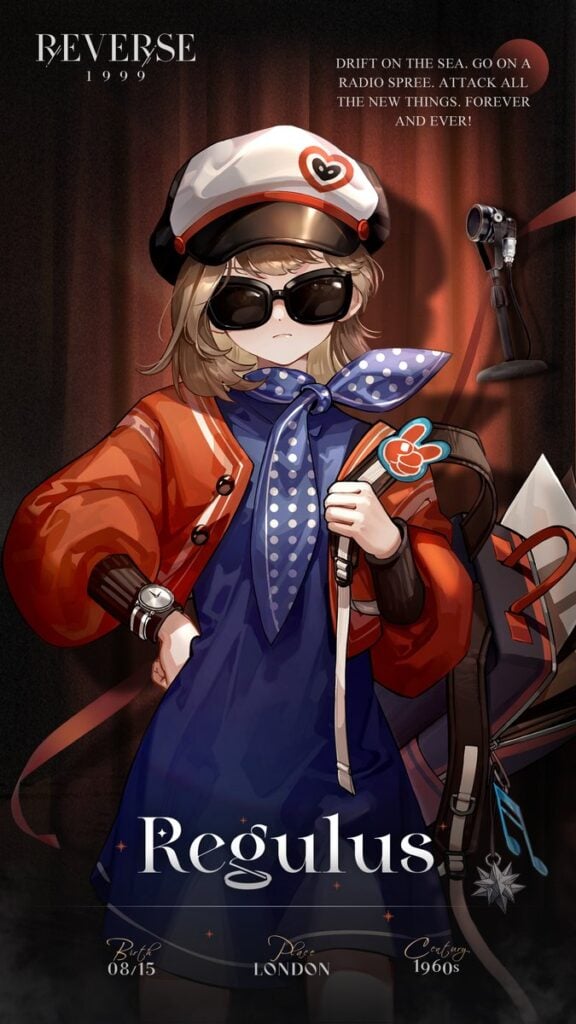
Photo: Bluepoch Games
Regulus is known for her excellent buffing skills. Her skills can greatly improve the damage output of teammates, making her a useful tool in any harm-focused team.
Her final ability, “Celestial Empowerment,” gives a large damage boost to all friends for a short time.
Charlie
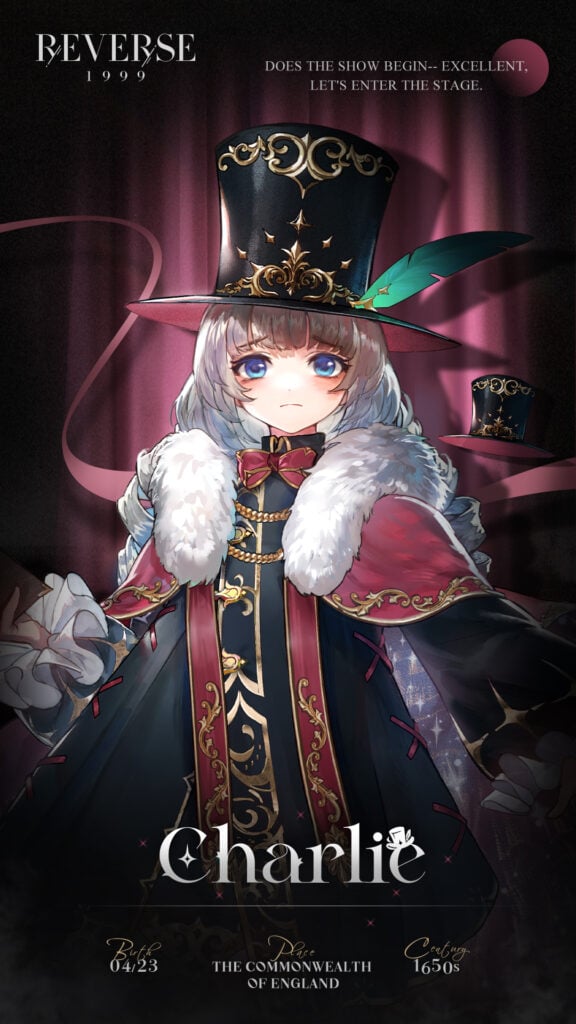
Photo: Bluepoch Games
Charlie excels in offering utility-based help to the team. With skills that can clear debuffs, cleanse bad status effects, and provide energy recovery, she ensures the team’s best performance.
Her greatest power, “Divine Intervention,” gives immunity to all friends for a short period, stopping them from taking any damage.
Conclusion
In conclusion, understanding the support tier in Reverse 1999 is essential for optimizing team performance and achieving victory.
While damage dealers may steal the spotlight, support characters play a crucial role in enhancing a team’s power, survivability, and overall success.
If you want more guides on this amazing game, check out these guides: Reverse 1999 – Ultimate Gameplay Guide With Tips, Reverse 1999 – Ultimate Reroll Guide, and Reverse 1999 – Team Tier List






